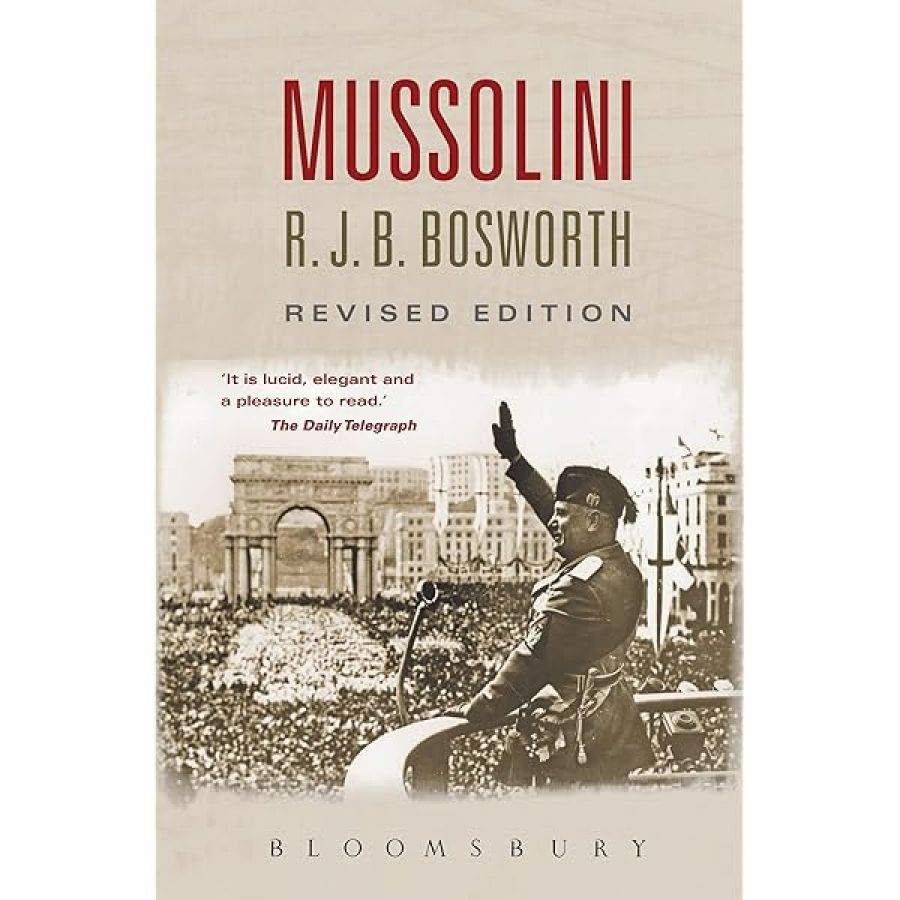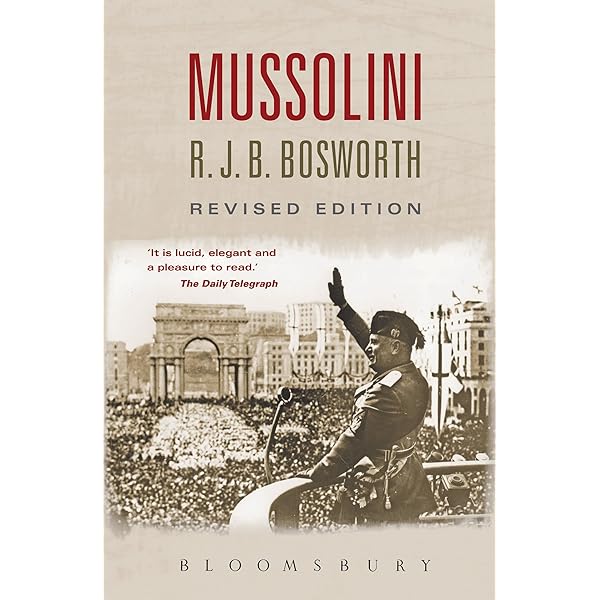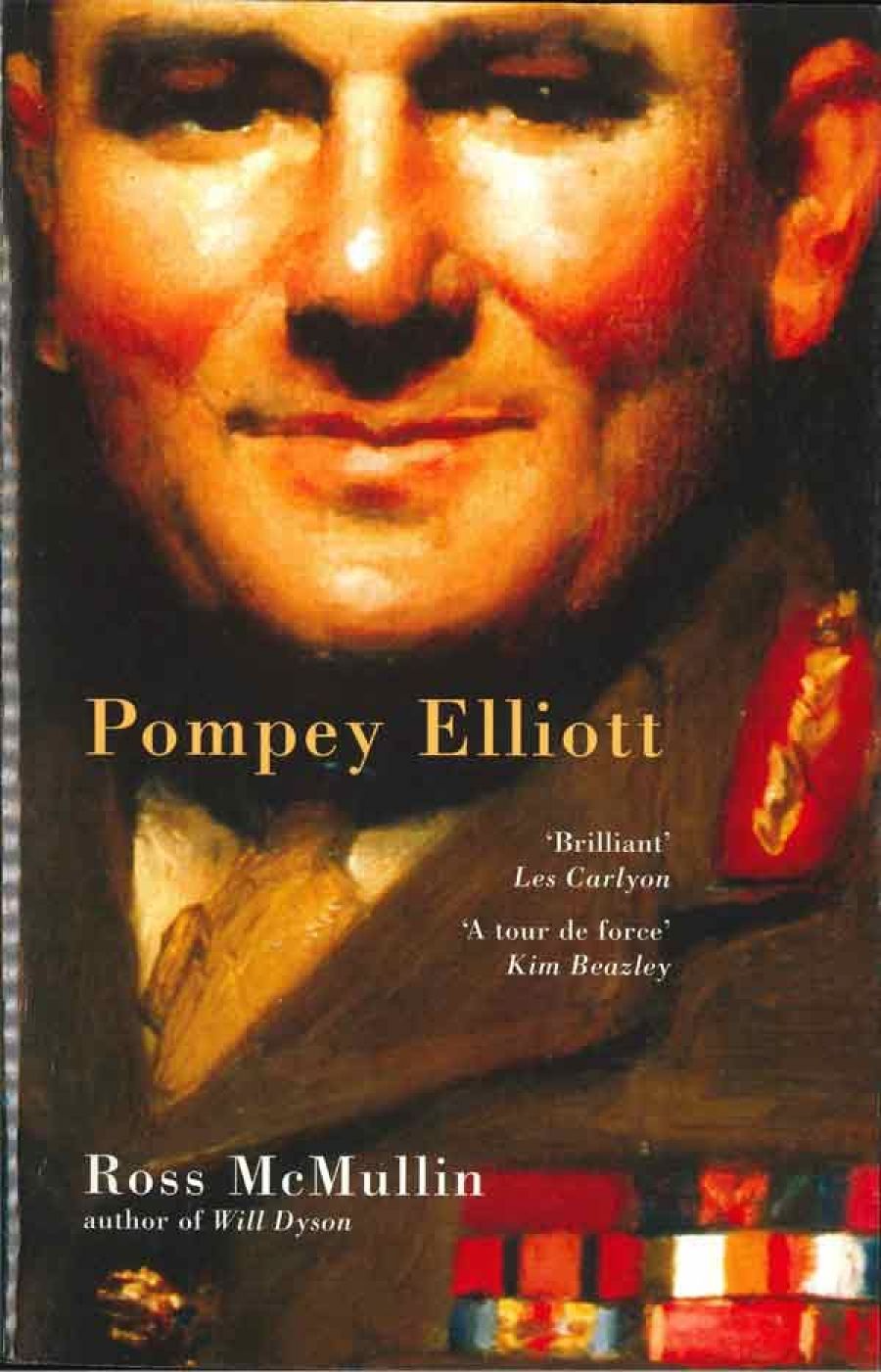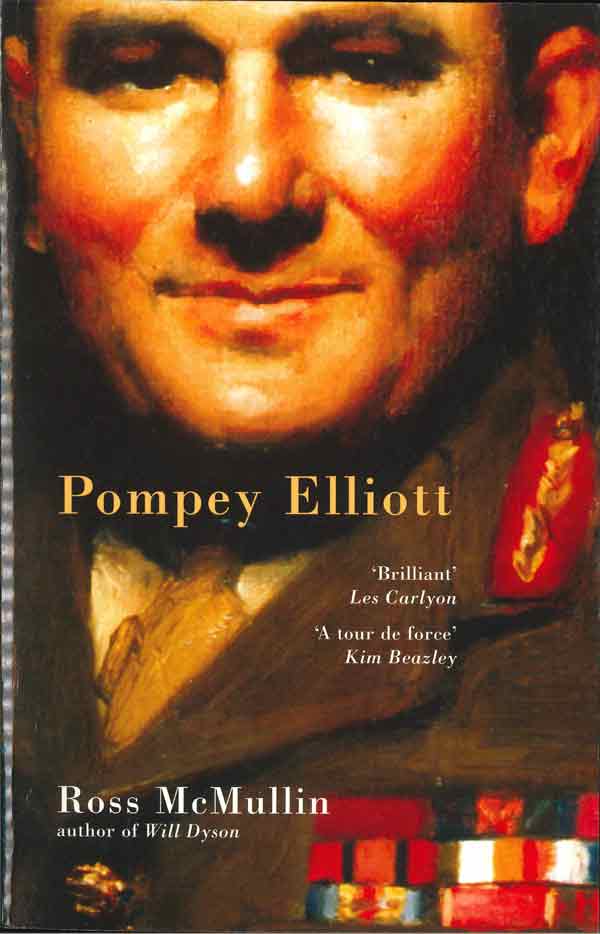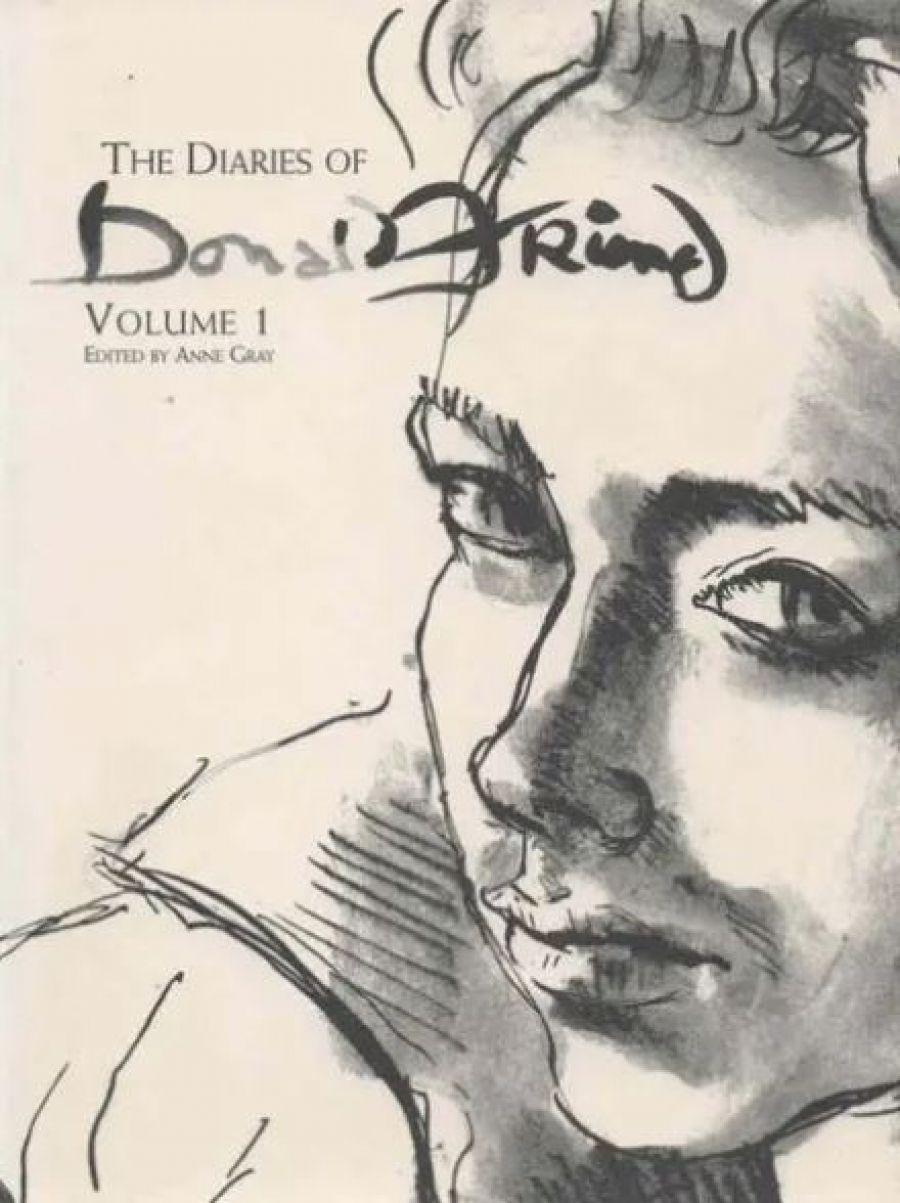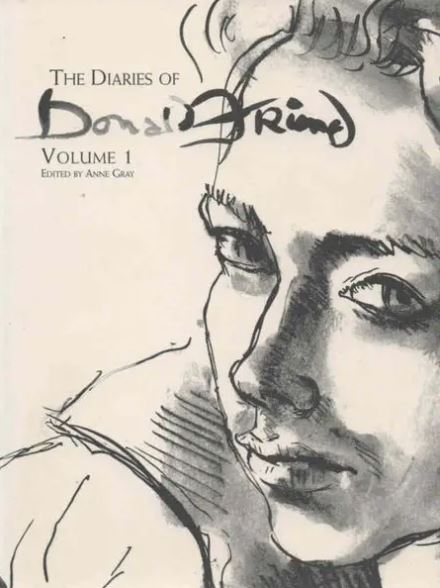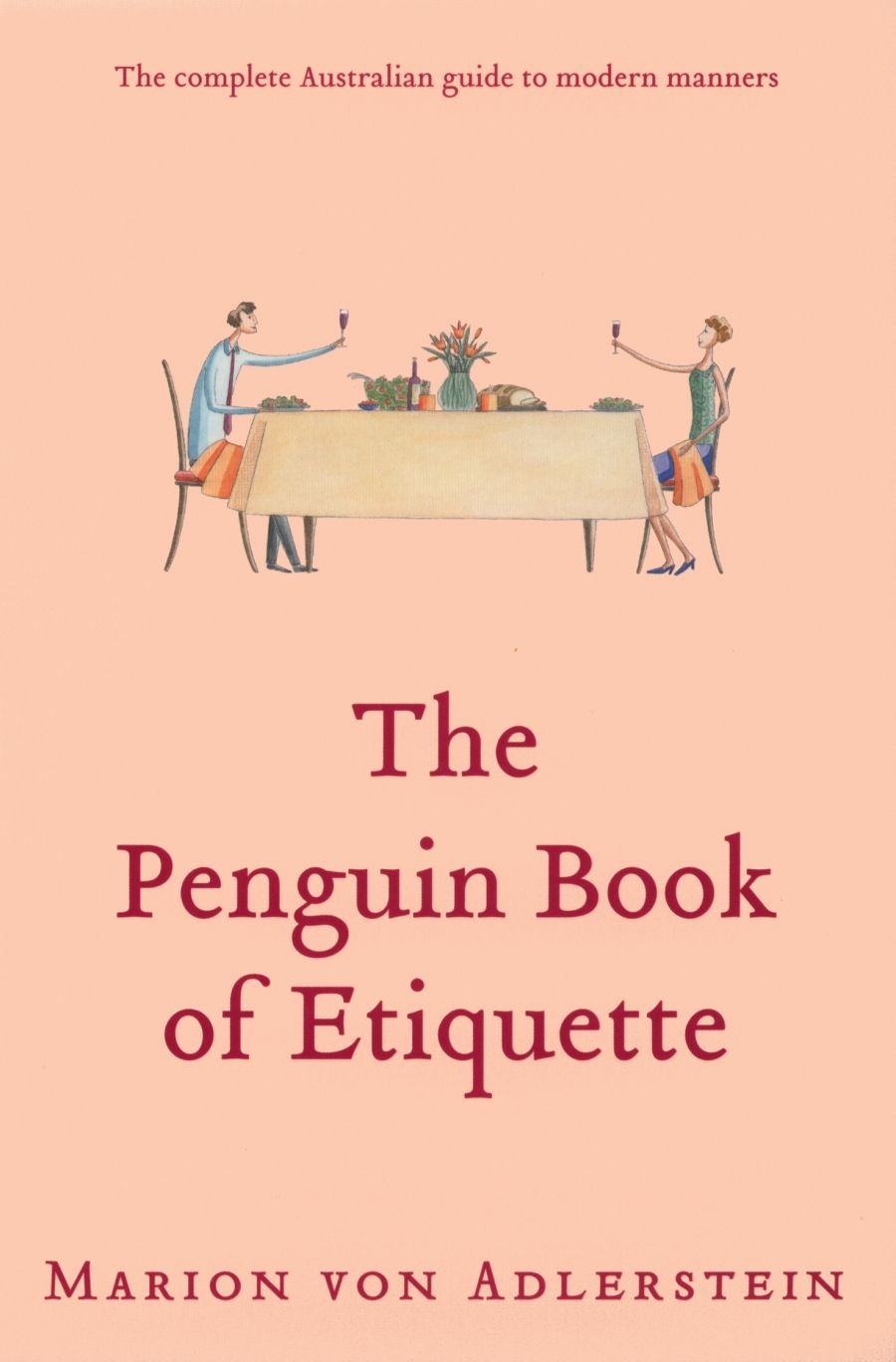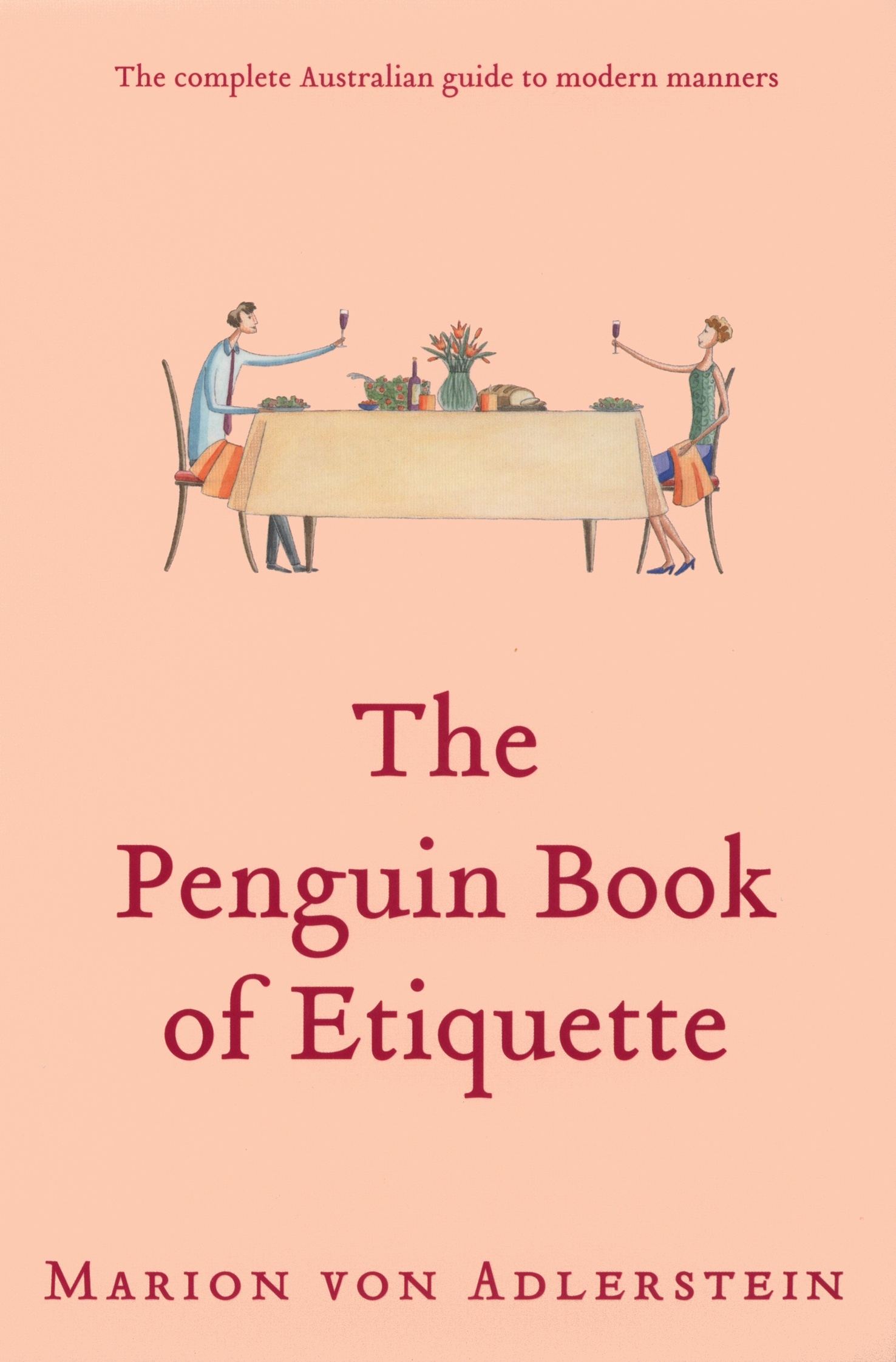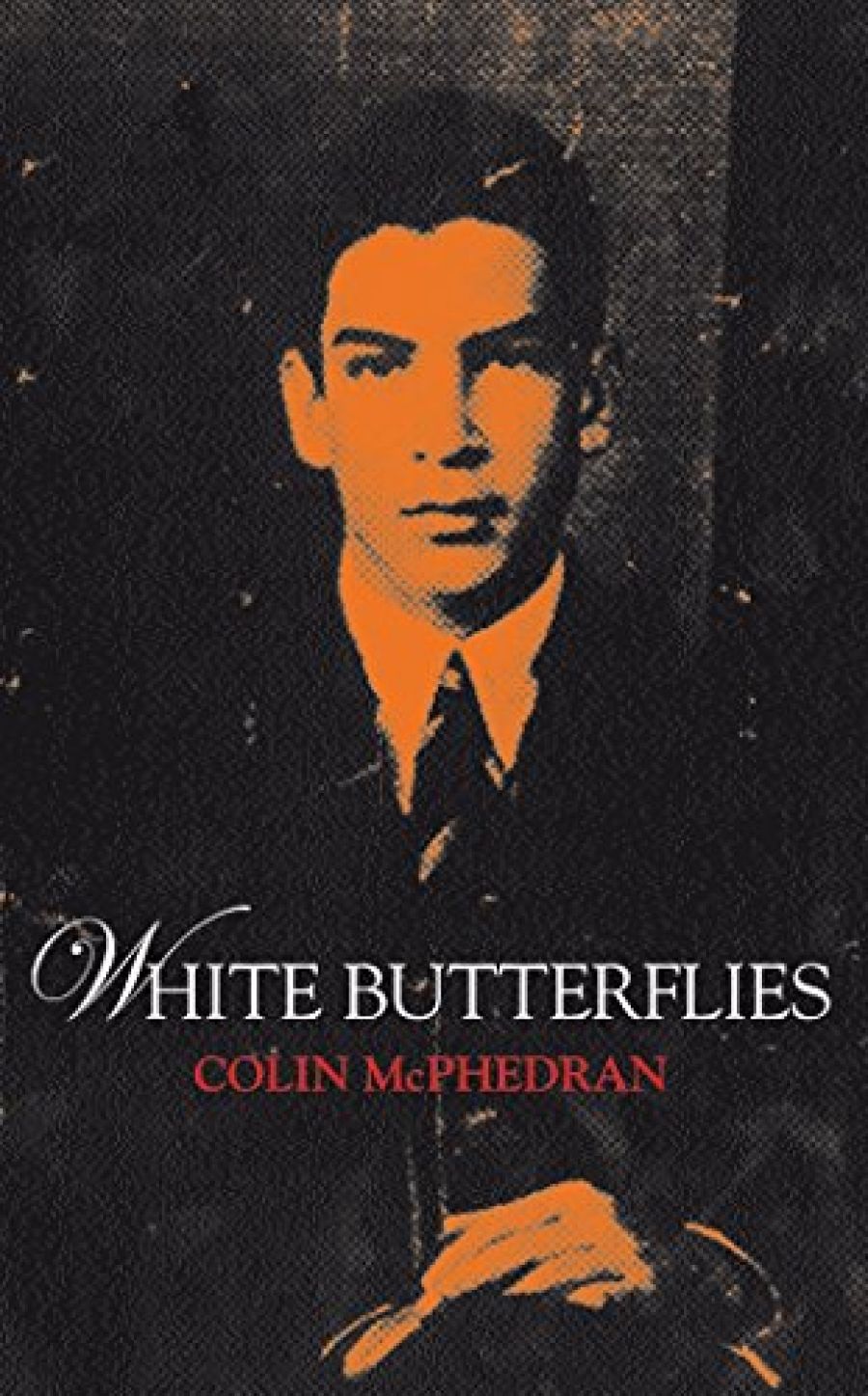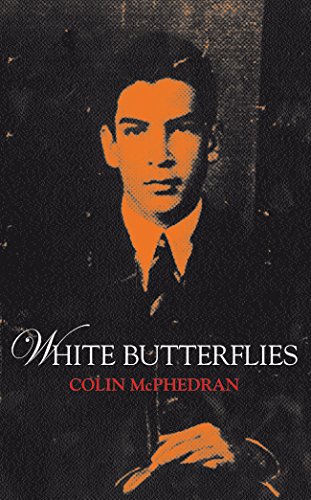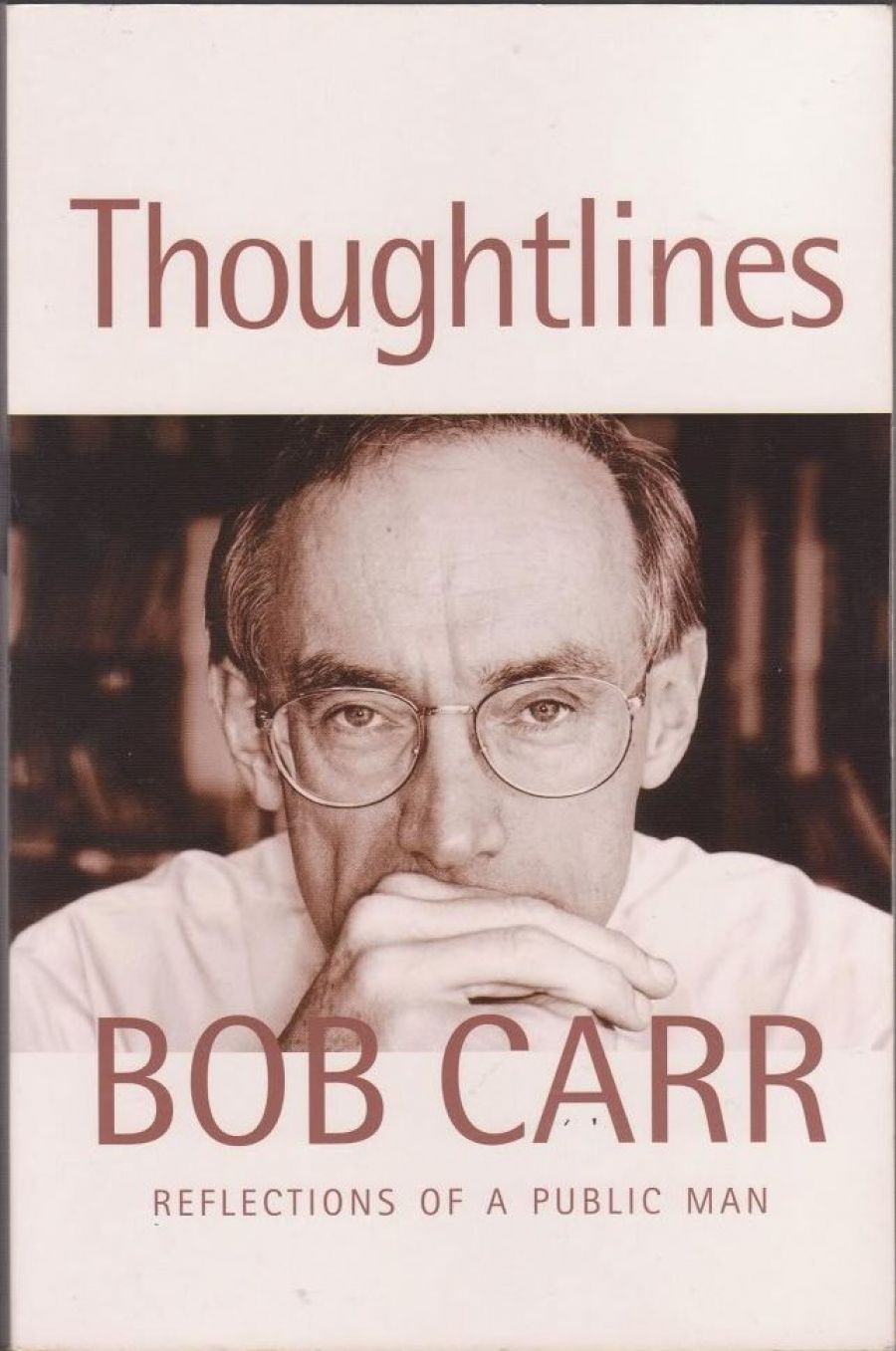
- Free Article: No
- Contents Category: Biography
- Review Article: Yes
- Online Only: No
- Custom Highlight Text:
As W.H. Auden observed more than forty years ago: ‘To the man-in-the-street, who, I’m sorry to say, / Is a keen observer of life, / The word ‘Intellectual’ suggests straight away / A man who’s untrue to his wife.’ Perhaps such popular attitudes explain why intellectuals as politicians are rare in the bear pit of modern Australian parliaments ...
- Book 1 Title: Thoughtlines
- Book 1 Subtitle: Reflections of a public man
- Book 1 Biblio: Viking, $35 pb, 400 pp, 0670040258
As W.H. Auden observed more than forty years ago: ‘To the man-in-the-street, who, I’m sorry to say, / Is a keen observer of life, / The word ‘Intellectual’ suggests straight away / A man who’s untrue to his wife.’ Perhaps such popular attitudes explain why intellectuals as politicians are rare in the bear pit of modern Australian parliaments, and why they have left little imprint on the politics, as distinct from the culture, of their times. Think of the inconsequential passage of Peter Coleman through two legislatures; or the lightweight political impact of that intellectual heavyweight, Barry Jones. Paul Hasluck is perhaps the exception, although the man himself would not agree, seeing himself as ‘an indifferent politician’. There is always Gough Whitlam, but Gough, of course, is sui generis.
Bob Carr, too, is an exception. Provocative in his disdain for competitive sport and in his passion for things intellectual and cultural, he is a formidably successful politician. Should he win his next election – and the prospects appear favourable – and serve out his term, he will be the longest serving premier in the history of New South Wales, eclipsing the record of Sir Henry Parkes.
Thoughtlines is a pot-pourri, with some of the characteristics of the curate’s egg. There are speeches – in and out of parliament – book reviews, newspaper articles and extracts from his political diaries. There are even chapters from a political roman à clef in which a Carr lookalike begins his comic climb up the greasy pole. I must, however, declare a conflict of interest: the diary extracts occur in a generous review of my own A Cabinet Diary. However, as the review reads more like a pre-publication blurb for Carr’s much more indiscreet and uninhibited diaries, I feel the conflict is minimal.
Read more: Neal Blewett reviews 'Thoughtlines: Reflections of a public man' by Bob Carr
Write comment (0 Comments)

